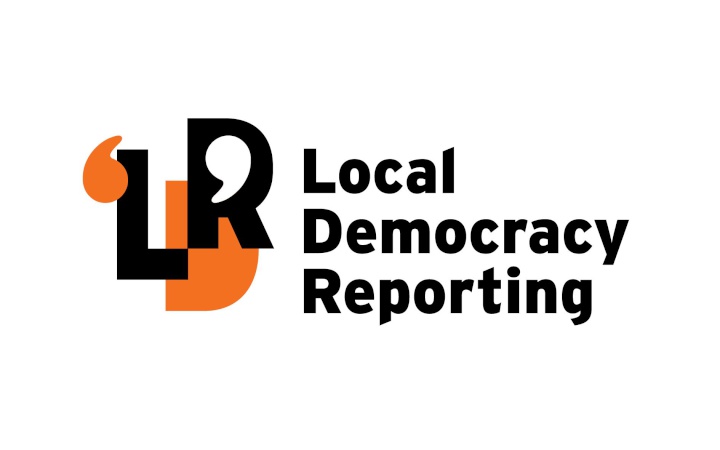It’s time for Nelson and Tasman to talk about amalgamation again.
That was the message that Ali Boswijk, chief executive of the Nelson Tasman Chamber of Commerce, had for the attendees of its Aspire conference on Friday.
“Financial sustainability is becoming a critical issue for all councils, and reinforces the importance of taking measures to maximize efficiency and effectiveness,” she said.
“With the increased pressure on rates, the region can't afford the ongoing cost of the status quo.”
Amalgamating Nelson and Tasman into a single council was last voted on by residents in 2012.
The proposition was rejected by 74 per cent of Tasman voters despite 57 per cent of Nelson voters supporting the proposal.
Boswijk said this was because amalgamation was framed as a “Nelson takeover”.
A future conversation on unifying must address the concerns that amalgamation would result in weaker governance and greater dysfunction, and weaken rural representation, which caused it to fail in 2012, she said.
Amalgamation would remove the “us versus them” debate, she said, and bring about advantages in having one voice for the region and greater scale.
In terms of total population, a unified Nelson Tasman district would be the country’s seventh-most populous, coming in just ahead of Lower Hutt and behind Dunedin.
Currently, Nelson comes in 24th while Tasman is 20th.
A combined Nelson-Richmond city would also be the country’s ninth-most populous urban area, coming in behind Palmerston North.
“That's quite a different proposition,” Boswijk said.
She added that shared services were often raised as an alternative to amalgamation and acknowledged there were areas where the Nelson and Tasman councils worked together positively.
Currently, the councils cooperate in transportation, public transport, landfill, sewerage, emergency management, iwi engagement, the Saxton Field sportsground, pest management, and are both 50 per cent shareholders in Nelson’s port and airport.
Economic development and tourism marketing also treat the region as unified, while past resource management reform would have required alignment between the councils and the future consolidation of local water infrastructure remains a possibility.
However, Boswijk said that shared services required an “enduring commitment” and finite financial resources from both councils, both of which can become strained when councillors prioritise their own communities in difficult times.
But with the two councils allocating a total of $22 million to review their two resource management plans in the coming decade, she highlighted that further efficiencies could be found.
“Change can be challenging, unsettling, and hard, but at the same time, change brings opportunity, and we need, as a region, to decide whether that's something we want to at least consider.”
Minister of Finance Nicola Willis spoke after Boswijk at the conference.
Though she didn’t take a position on the potential amalgamation of the region, she outlined one of the intentions behind the Government’s City and Regional Deals policy – the framework of which is due to be finalised this quarter.
“Part of what we want to see achieved through these regional deals is that regions turn up together in a unified way,” she said.
“When regions turn up with an aligned set of requests and interests, they are much easier for central government to work with.”
Nelson Mayor Nick Smith and Tasman’s deputy mayor Stuart Bryant have both previously said that the region should reconsider the possibility of amalgamation.
The Nelson Tasman Chamber of Commerce has long held the view that the region would be better served with one council.
Local Democracy Reporting is local body journalism co-funded by RNZ and NZ On Air



 Gordon Campbell: On Why The Regulatory Standards Bill Should Be Dumped
Gordon Campbell: On Why The Regulatory Standards Bill Should Be Dumped Choose Clean Water: Changes To Fish & Game Continue Coalition’s Handover Of Power To Polluters
Choose Clean Water: Changes To Fish & Game Continue Coalition’s Handover Of Power To Polluters Inland Revenue Department: Tax Assessment Period A Prime Time For Scams, Expert Warns
Inland Revenue Department: Tax Assessment Period A Prime Time For Scams, Expert Warns Students Against Dangerous Driving: SADD And AA Celebrate 40 Years Of Tackling Youth Harm On NZ Roads
Students Against Dangerous Driving: SADD And AA Celebrate 40 Years Of Tackling Youth Harm On NZ Roads NZ Labour Party: Timid Tariff Response Fails New Zealanders
NZ Labour Party: Timid Tariff Response Fails New Zealanders NZ National Party: National Party Bill To Crackdown On Anti-social Behaviour
NZ National Party: National Party Bill To Crackdown On Anti-social Behaviour Te Whariki Manawahine o Hauraki: 'No One Came' - How Māori Communities Were Abandoned During Cyclone Gabrielle
Te Whariki Manawahine o Hauraki: 'No One Came' - How Māori Communities Were Abandoned During Cyclone Gabrielle


